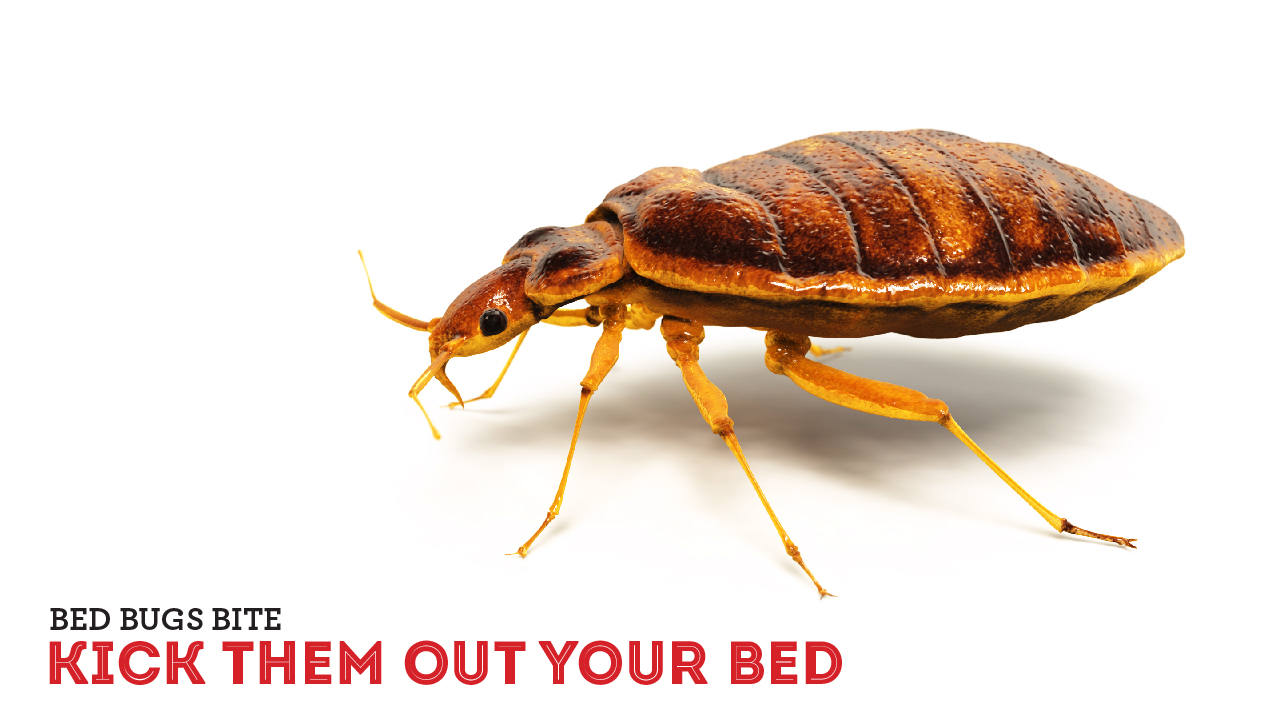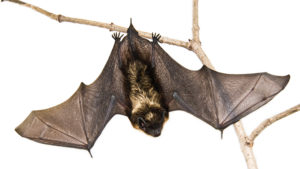Bed Bugs… little creatures that infest your bed and feed on your blood while you are sleeping. If you watch the news, I’m sure you’ve seen all the attention bed bugs have been receiving recently. They are everywhere! The thought of bed bugs crawling on you while you sleep can cause many sleepless nights. But what are bed bugs and where do they come from? Here are some of your most common bed bug questions, answered.
Are bed bugs just located in your bed?
Nope! Bed bugs can commonly be found hiding in your bags, clothes and used furniture, not JUST your bedding. And don’t be self-conscious about your old mattress or furniture – even the nicest 5-star resorts and hotels can become infested with bed bugs. Although they tend to live in mattresses, they also live in chairs, couches, backboards and portable computers.
Where do bed bugs come from?
If you have a bed bug infestation, there is a good chance that you or somebody else brought them in. Bed bugs come from other infested areas or from used furniture. They often take a joy ride in purses, bookbags, or luggage. Fun fact: if one of your kids is home visiting from college, you have a higher chance of getting bed bugs. Or if you’ve recently returned from a vacation, you also have a higher risk of bed bugs. There is a website you can visit called the Bed Bug Registry where travelers and renters report where they have encountered bed bugs in the United States. You can easily search a hotel name to see if your hotel appears on the website.
Why are bed bugs called bed bugs?
You got it right folks – bed bugs get their name from their habit of feeding on humans while they sleep in their beds. They are found in nearly every place people gather, such as homes, schools, offices, hotels, public transportation and even grocery stores.
What do they look like?
Looking like tiny brown seeds, bed bugs are 6-legged creatures with antennae. The adults are about ¼ inch and the nymphs (baby bed bugs) range from 1.3 mm to 4-5 mm. The unfed bed bugs are mahogany to rusty brown in color and are flat and oval-shaped. Fed bed bugs are red-brown in color and are swollen and more elongated.
What do bed bugs eat?
Bed bugs feed on blood. They are unable to breed or even live without it. This is why these pests will find a home in rooms that have a bed. If you happen to find bites that are in a clump or row on your body that look similar to mosquito bites, this is a good sign of bed bugs.
Can bed bugs harm me?
Some people have a bad reaction to bed bug bites and some have no reaction at all. They usually feed at night on bare skin that is exposed. Bed bugs are human parasites, so our existence is critical to theirs. Many experts think that this may be one of the reasons bed bugs have not been known to transmit diseases to humans. Although bed bugs have not been proven to transmit diseases through feeding, there can still be some health risks associated with them. The most common health issue our customers complain about is itching that leads to red bumps or welts on their skin. Sometimes these bites can itch incessantly. Too much scratching is where the danger sets in – it can cause damage to the skin that leads to infection, which can be very dangerous. Please take care of those bites so they don’t lead to a nasty infection!
How long do they live?
The average lifespan of a bed bug is usually around 4-6 months. Just one female bed bug can lay 200-250 eggs in her lifetime!
How do you get rid of bed bugs?
To be honest, getting rid of bed bugs is difficult if done alone. First things first: household items such as clothes, bedding, shoes and stuffed animals should all be washed and dried on HIGH heat. Hiring a pest professional is the best option to get rid of bed bugs. By using a professional exterminator, you can be sure that all the bugs will be exterminated without spreading them all over your house or even to your neighbors. This will save time, effort and money. The amount of time it takes to get rid of bed bugs varies on a case-by-case basis. Some infestations can be persistent. The time to control these creatures depends on the severity of the problem, where they are hiding and the type of treatments performed.
After reading this article, we’re sure you’re slightly worried your home is infested with bed bugs. If you identify these creepy crawlers, contact a pest professional today before they start multiplying. Keep in mind that an overnight stay almost anywhere outside of your home can lead to bed bugs to relocate to your home. Remember to check your luggage or any other belongings to make sure you aren’t taking these creepy crawlers for a joy ride home. Click here to learn how you can keep bed bugs at bay.
Do you have a bed bug infestation in your home or just have questions about these unwanted guests? At The Bug Man, we will inspect your home, identify the species, and give you a recommendation of the type of bed bug treatment you should consider. Request an in-home estimate today and we will help you solve all of your pest problems! Please contact The Bug Man for all your pest control needs at (225)923-2847 or visit our Contact page.




